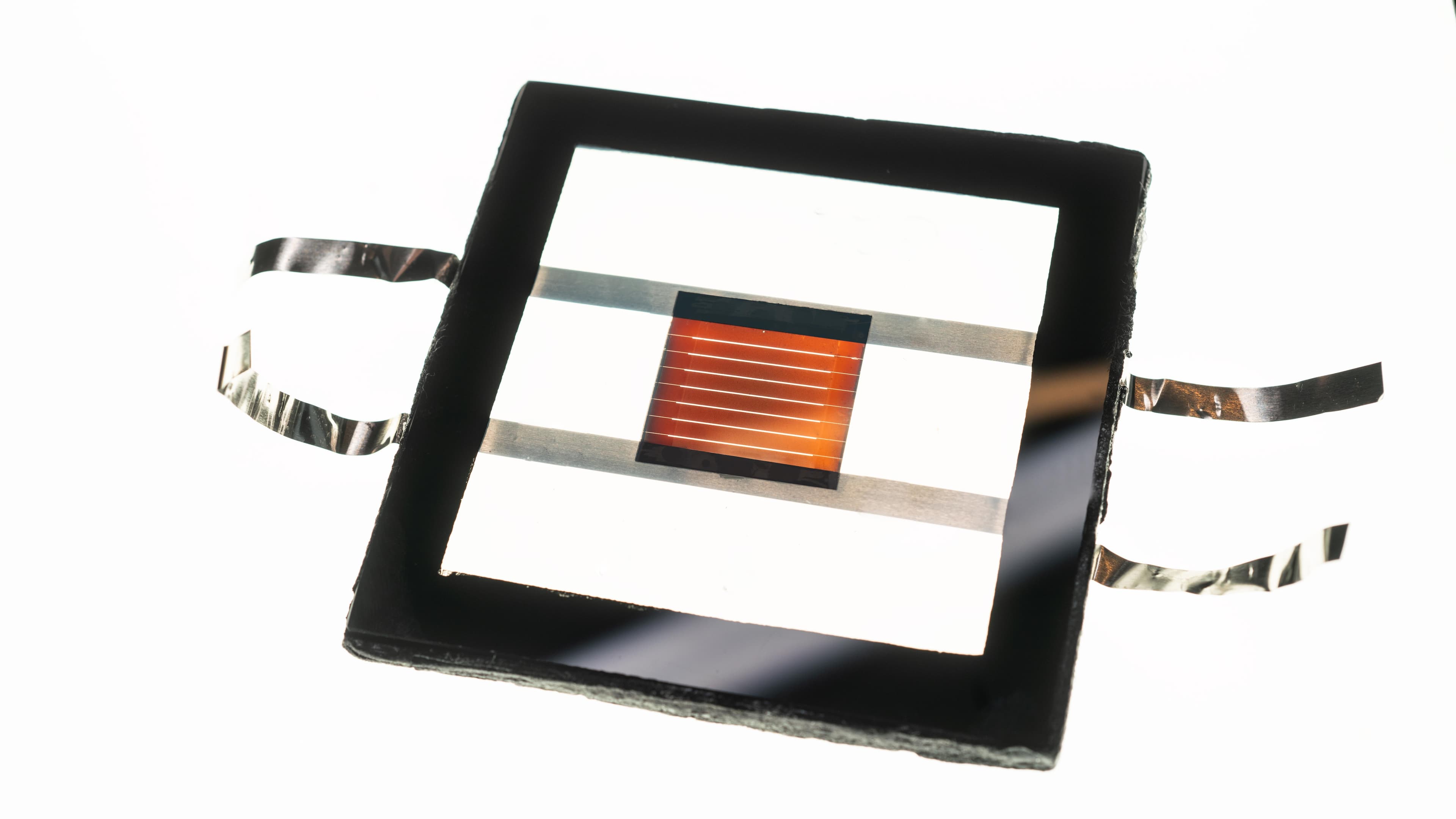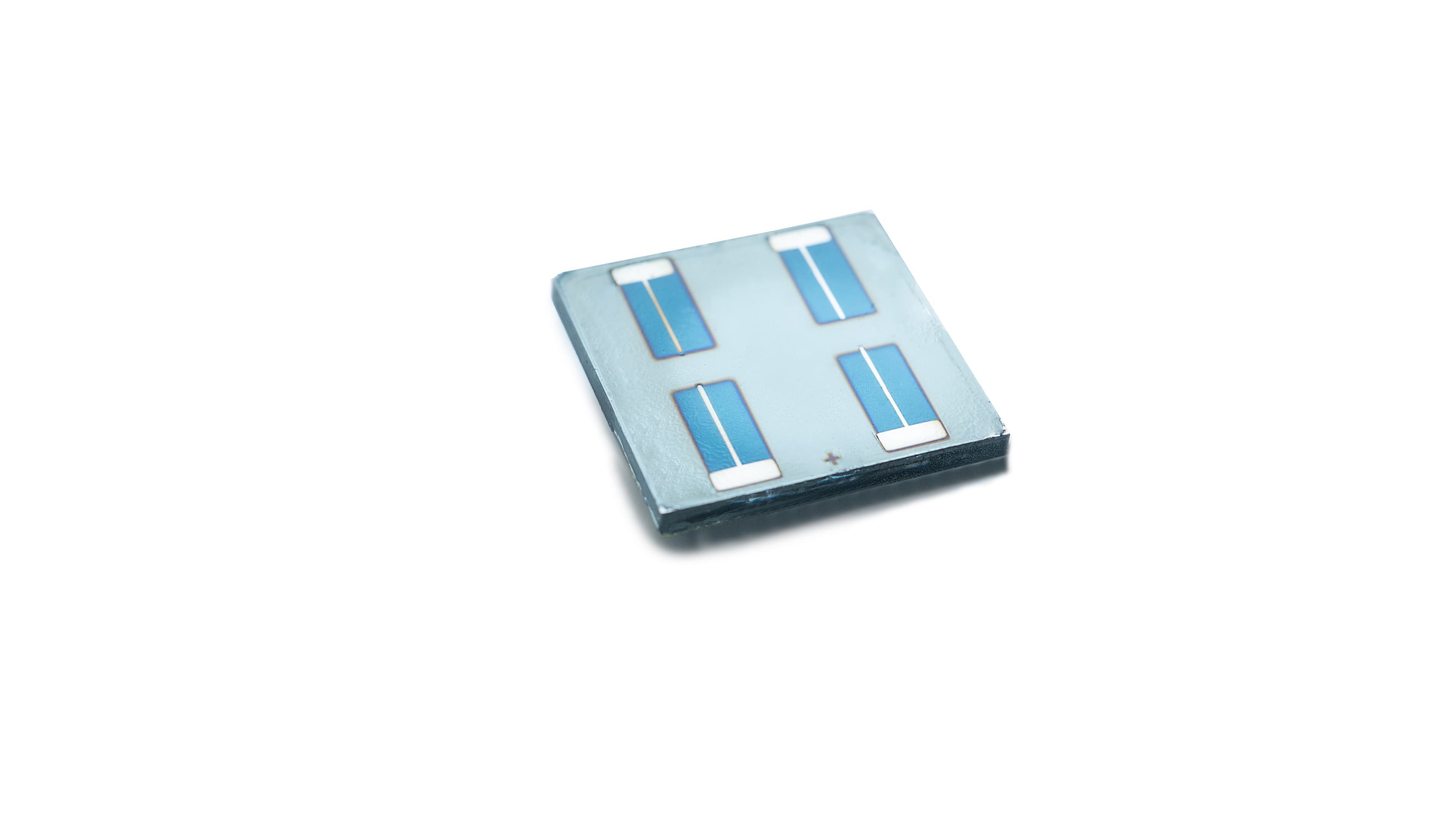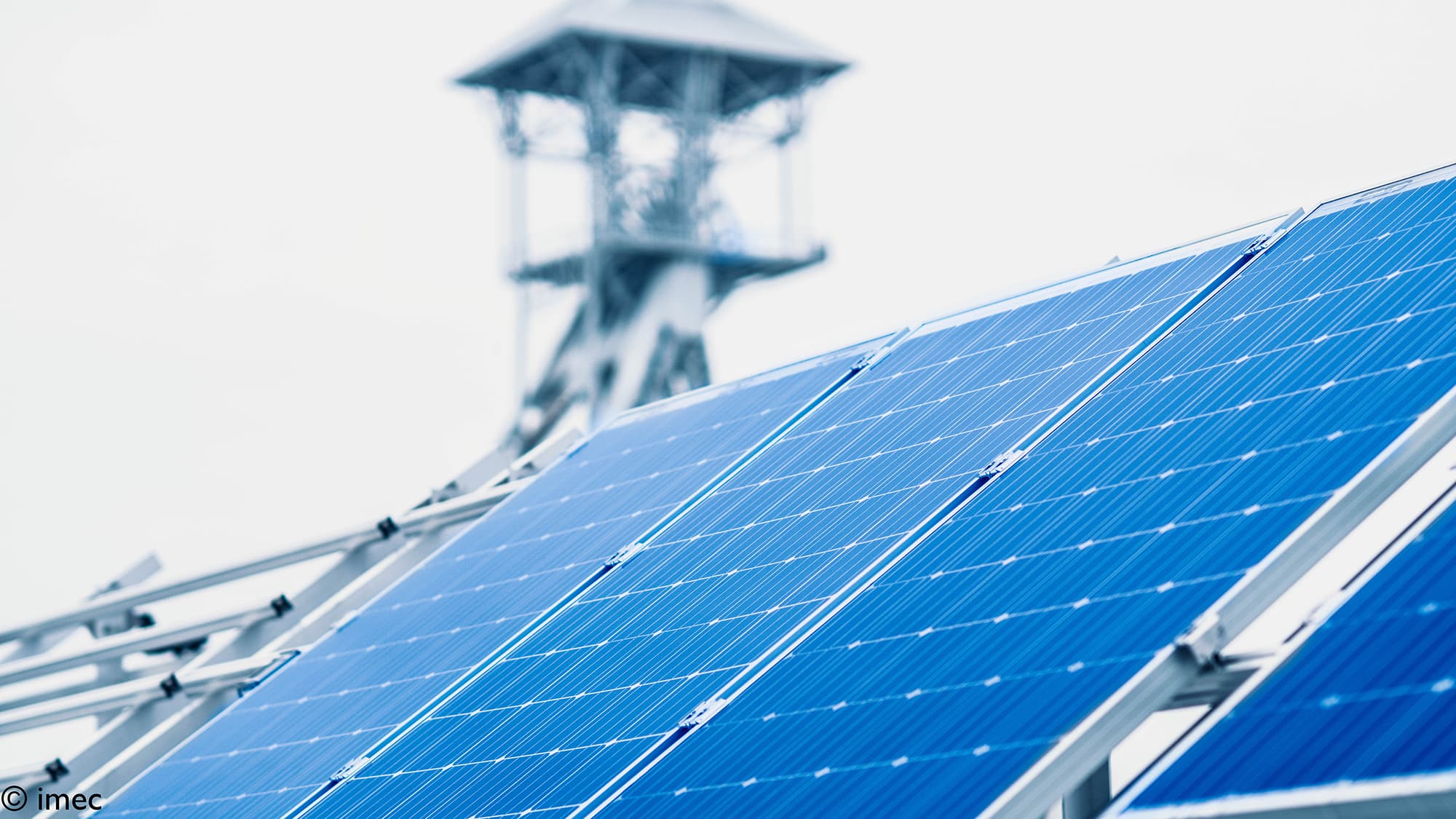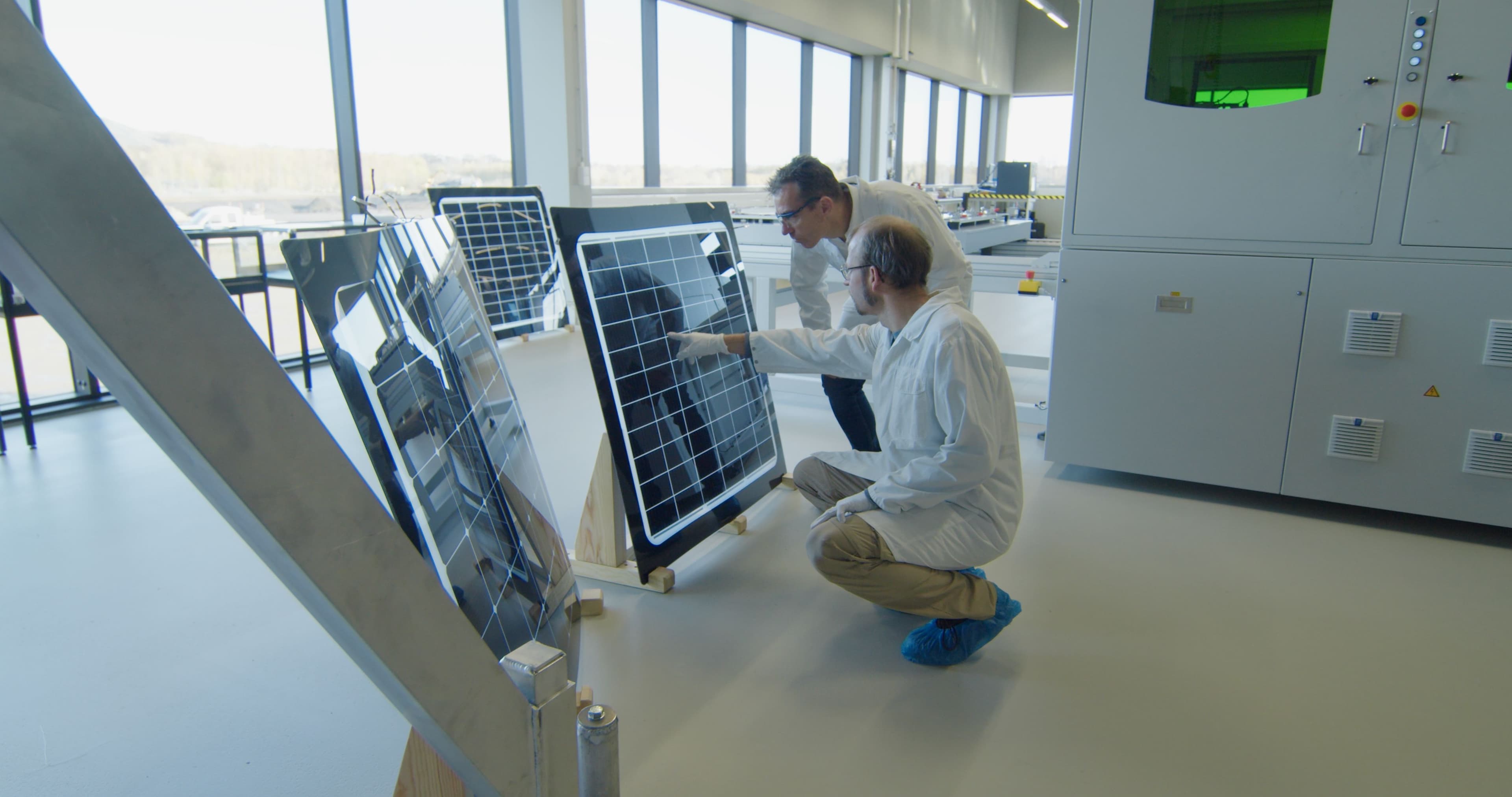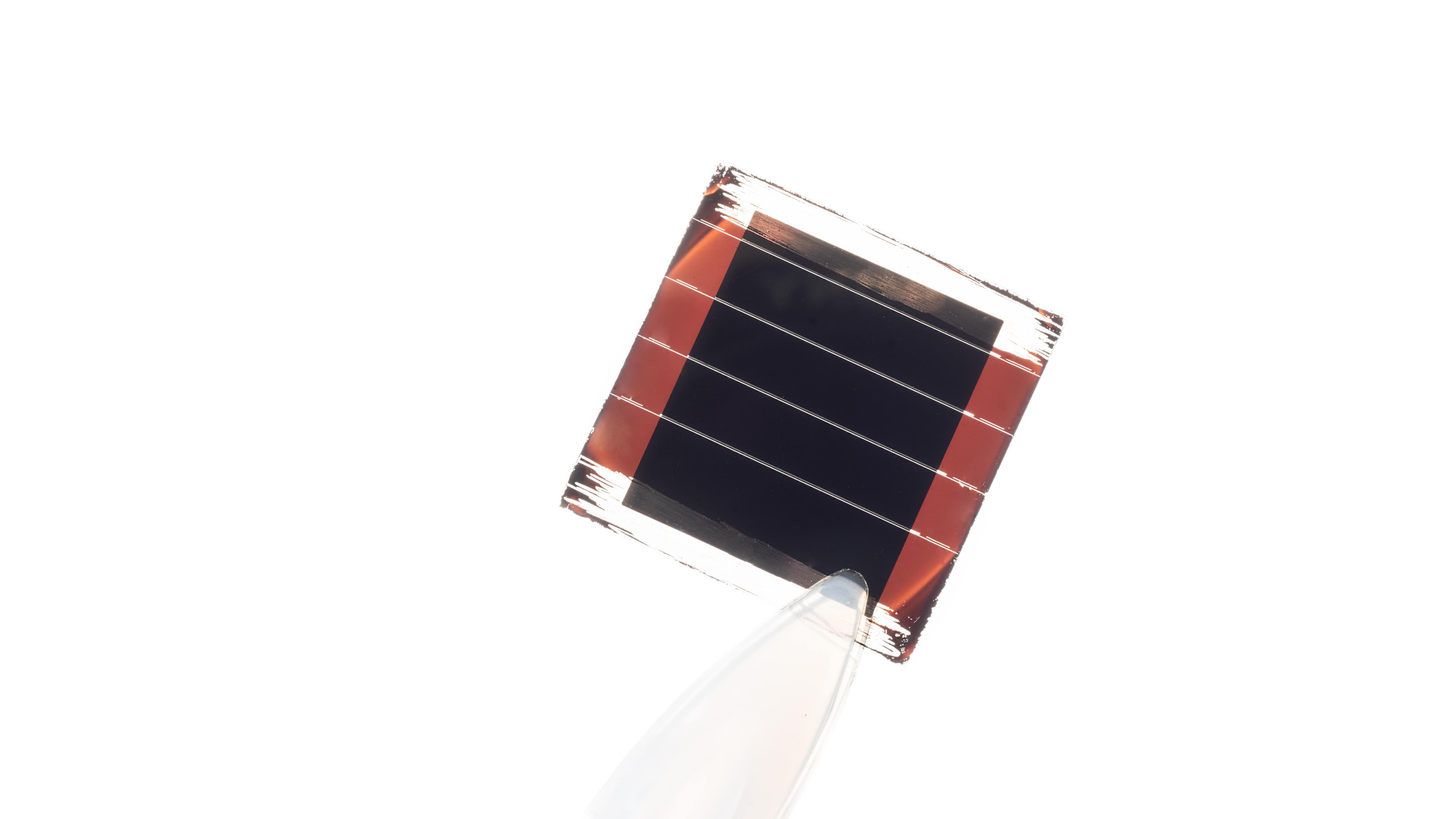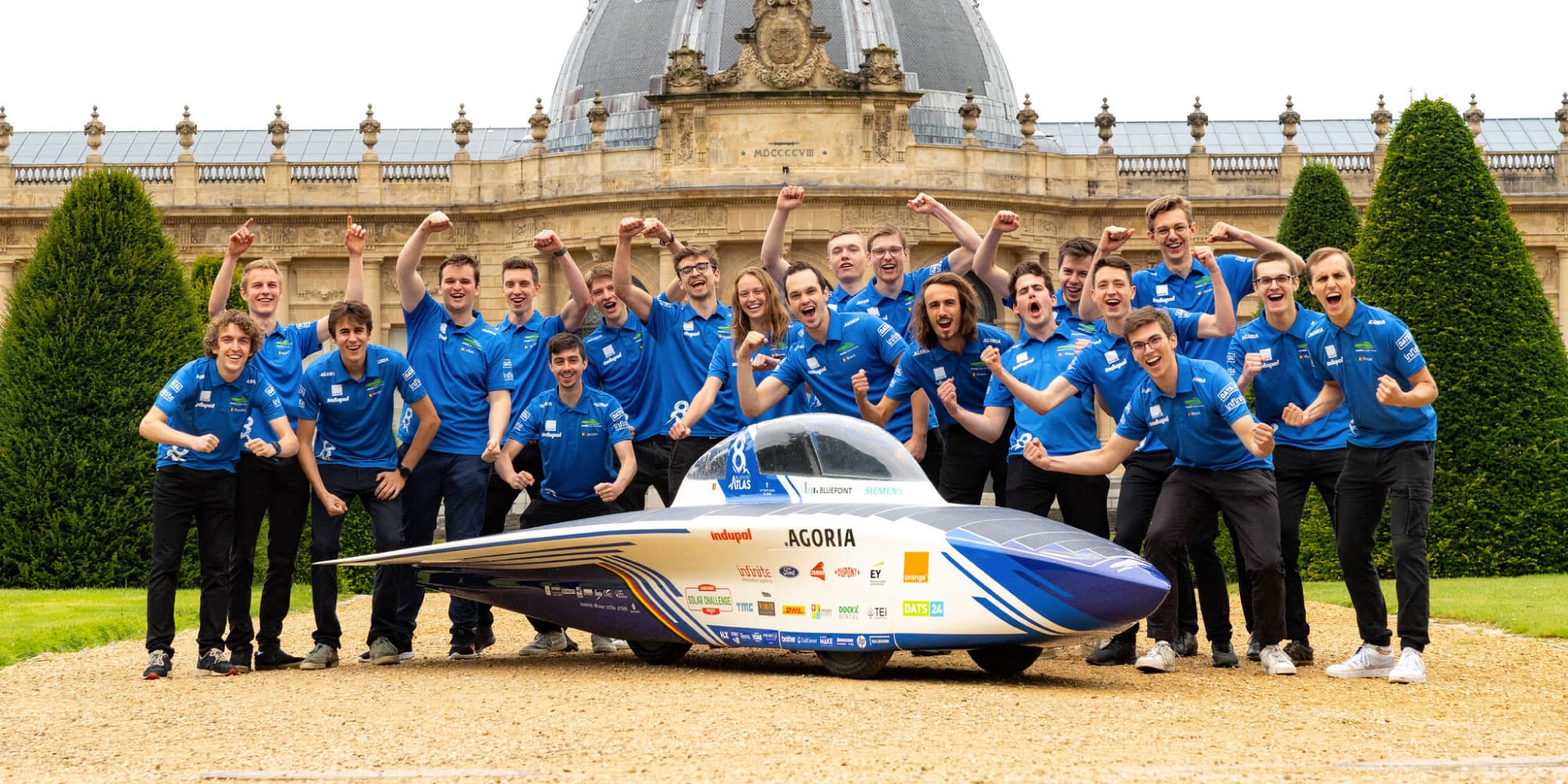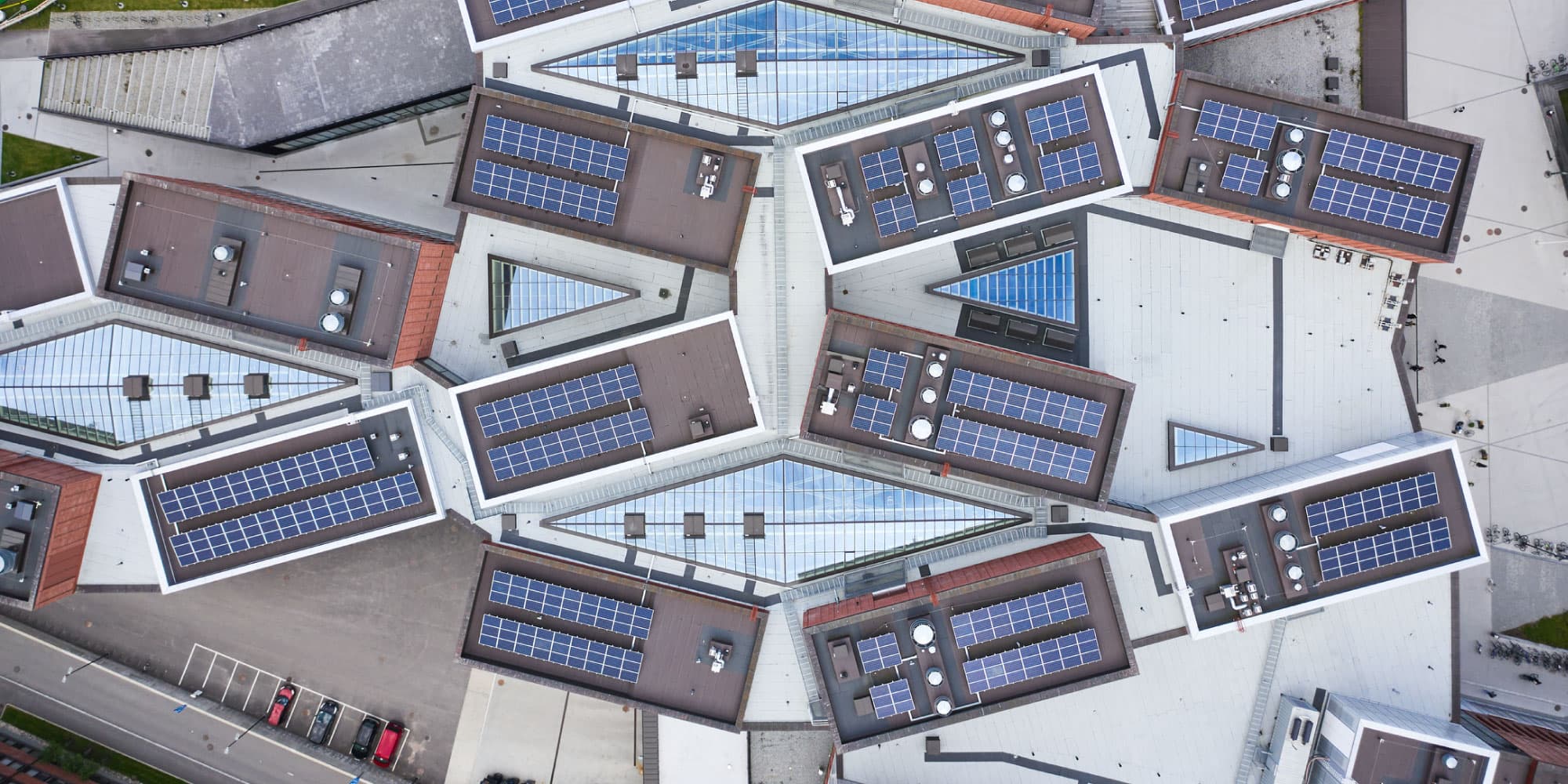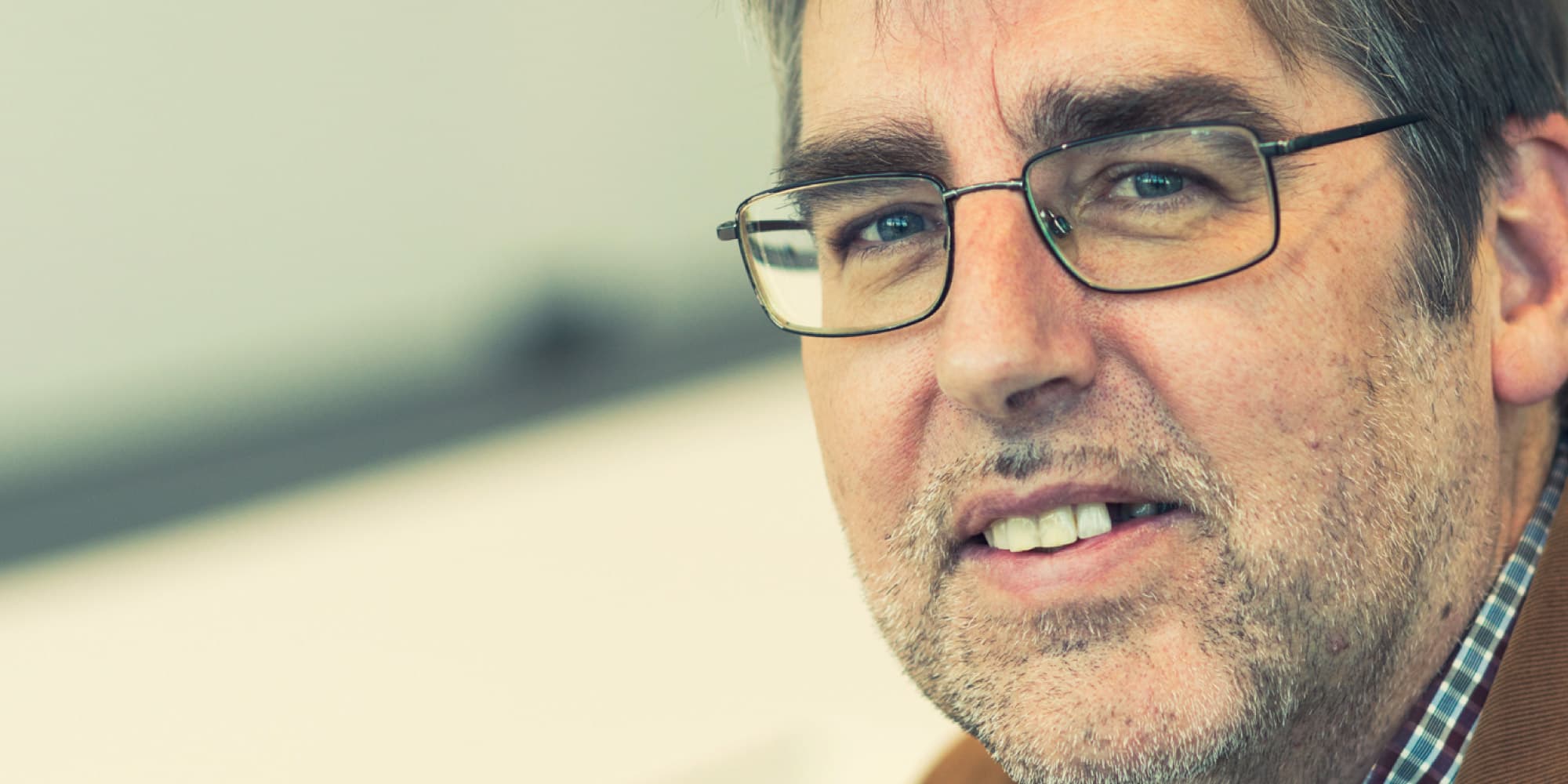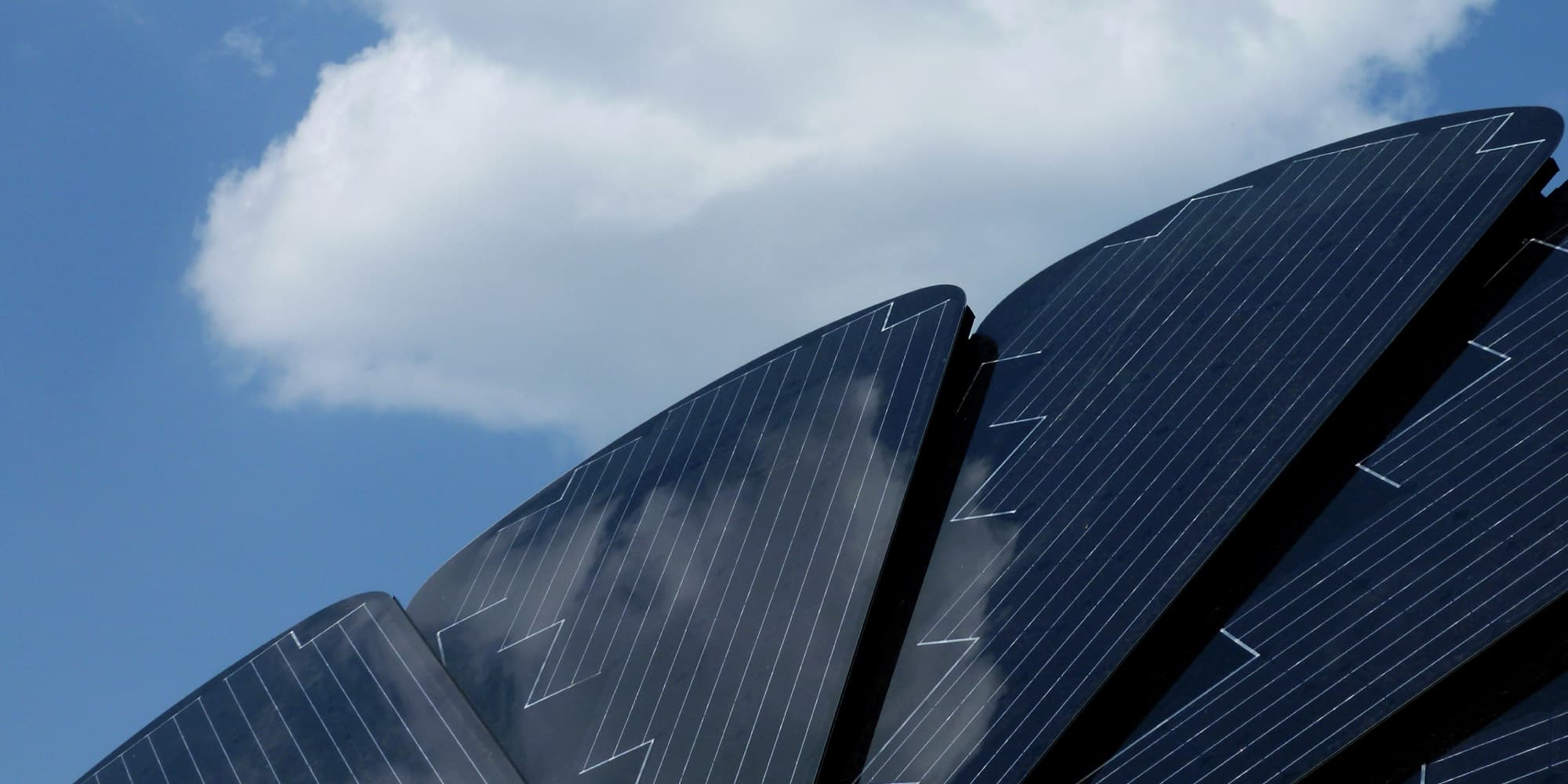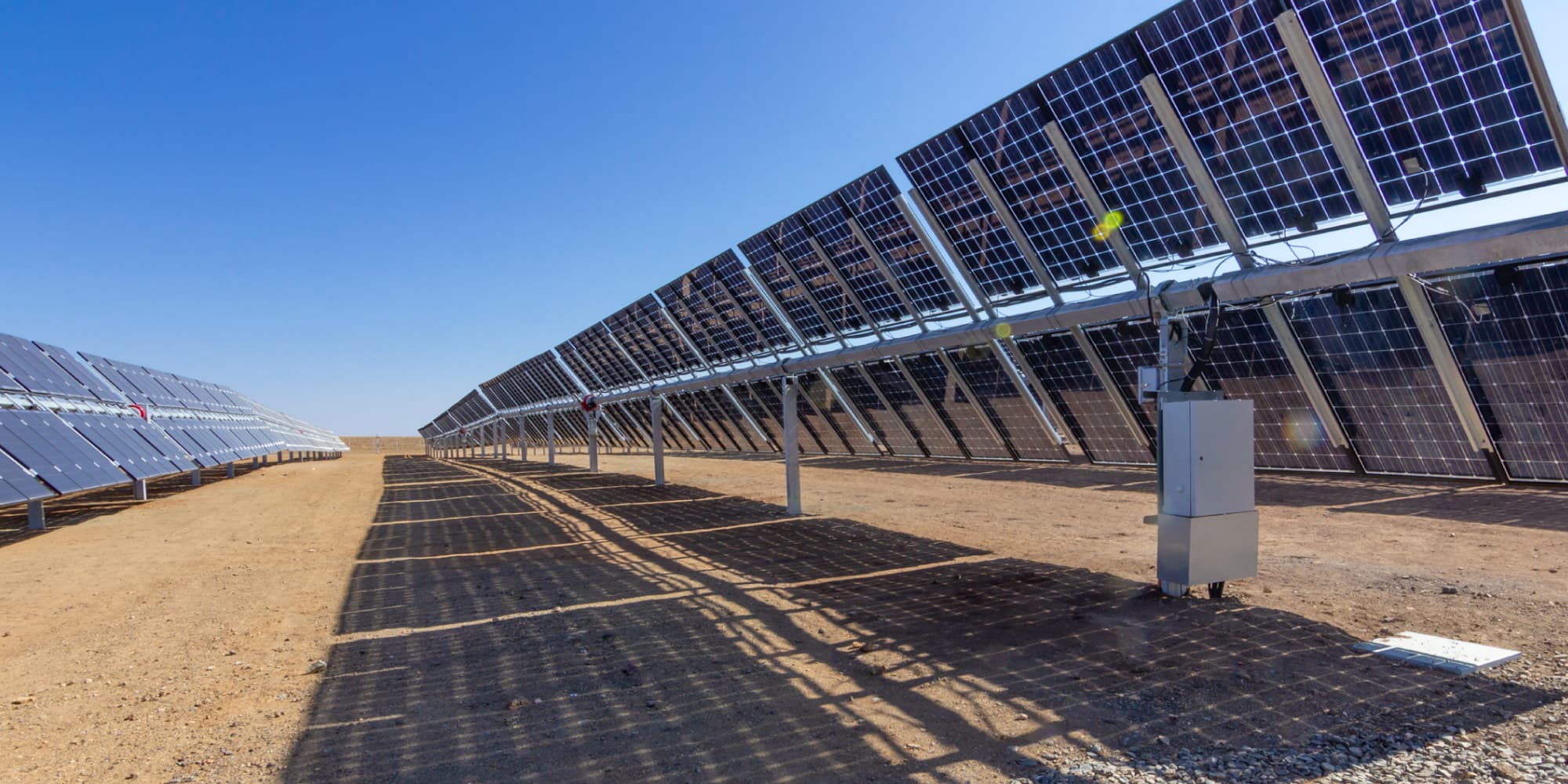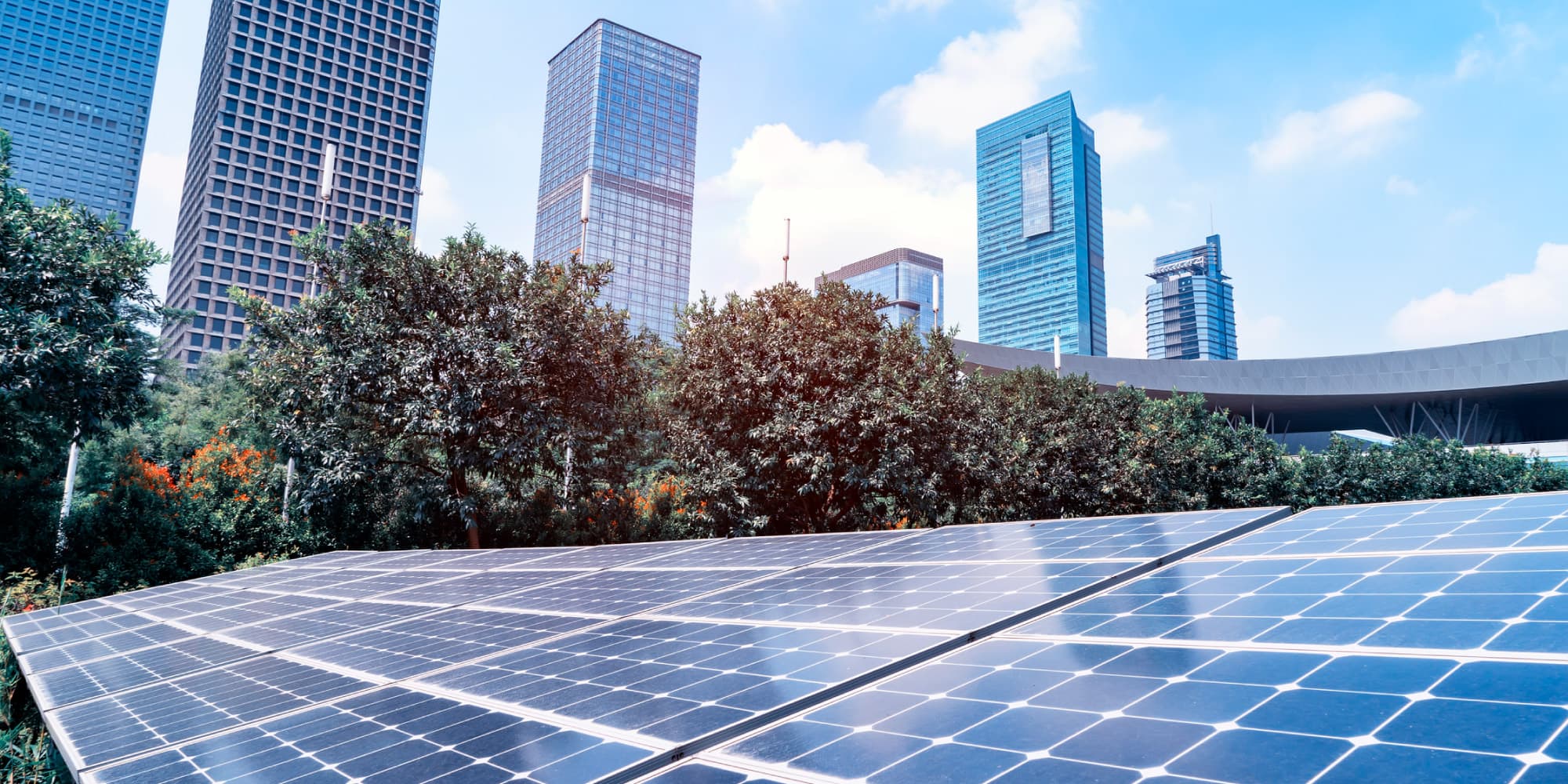Genk, 31 May 2018 – Today Campus EnergyVille 2, the second building in which the EnergyVille research collaboration resides, will be officially opened. The building is dedicated to technology development for power generation with thin-film solar cells, intelligent PV modules and new battery systems for local energy storage. And the festivities do not stop there. Today, the research results from the EFRO/SALK project 'Towards a sustainable energy supply in cities' are presented as well. The research collaboration provides their latest insights in, among other things, solar cells and modules, battery technologies, advanced heating networks, energy-as-a-service models ... all integrated into a system approach. In short, the crucial ingredients for the energy system of the future.
EnergyVille 2 - a unique lab for research into solar cells and storage systems
In the context of the energy transition and the climate objectives to be achieved, it is essential to make the production of solar energy even more efficient and less expensive and to make use of storage. In EnergyVille 2, an important topic of research is making PV systems and new storage systems more efficient, intelligent and less expensive, allowing more energy to be stored in electric cars or home batteries.
EnergyVille 2 is the second building in which the research collaboration resides. The building is equipped with state-of-the-art research laboratories and office space for about one hundred researchers. The opening also indicates the official move of a part of the PV and battery research of imec and UHasselt. Highlights of this brand new building are the BIPV set-up (solar panels integrated in the façade), imec's pre-pilot line for thin-film solar cell production and the dry room in the lab where the humidity is kept at 0.6% to ensure a safe way of processing new battery materials into batteries.
Towards a sustainable energy supply in cities
The opening of the second building is not the only event at EnergyVille today. The EFRO/SALK closing event will also take place, where all innovative technologies and achievements from the multi-annual project 'Towards a sustainable energy supply in cities' will be presented. The three pillars SolSThore, GeoWatt and SmarThor form the cornerstone for a future-proof energy system. "The project not only focused on individual technologies, we also look for a system approach that integrates both electrical and thermal energy sources" says CEO Ronnie Belmans. "By bringing all these sources into contact with each other, we create a great deal of flexibility and will be able to better absorb the changing energy production of renewable energy sources. "
More efficient technologies for a sustainable future ...
It is a frequently made comment, PV panels only generate energy when the sun is shining and are therefore not always useful as base production. That is why new EnergyVille researched more efficient solar cells and next-generation solid state battery technologies within SolSThore. Within this project, a local DC network unique in Belgium was set up to optimize the use of generated energy and to limit losses by inverters (think of a mobile phone charger or laptop, or the inverter of solar panels). In addition, research was conducted in energy yield prediction of PV systems, allowing a better management of the grid.
In addition to more efficient solar cells and storage systems, heating and cooling remain a key issue in the energy transition. Within GeoWatt the potential of 4th generation heat networks was investigated. Technological solutions for integrating sustainable, low-temperature heat sources (e.g. residual heat, solar and geothermal heat) into district heating include network control or automatic fault detection. In addition, EnergyVille focused on the potential for geothermal energy, in which heat is extracted from the subsurface. A concept study was developed for Genk in which it was investigated whether the flooded mines of Winterslag and Waterschei could be used to heat local districts.
... in an integrated approach
In addition to these innovative technologies, the project also investigated how these energy sources can be integrated into a multi-energy system where the supply of energy becomes a service rather than a product. Today, for example, consumers opt for a gas boiler, pellet boiler or heat pump for heating and then pay for gas, pellets or electricity. In a multi-energy system, a distinction is made between the requested service and the energy source used. For example, the consumer is connected to a heating network and the requested heat that can come from a gas boiler, solar water heater or heat pump, depending on what is most interesting at that moment. He then pays for the heat he uses and does not have to compromise on comfort. To realize this system, weather forecasts, smart thermostats, energy meters, prices of the various energy carriers and much more need to be brought together in one platform. The techno-economic framework required to realize such a multi-energy system was investigated within SmarThor. EnergyVille set up its own ICT platform that monitors, optimizes and manages the energy consumption of the buildings at Thor Park. Simulations show that a multi-energy market model is able to reduce the social cost, mainly through better alignment with the production of renewable energy sources.
With the opening of a new building full of advanced laboratories and the achieved research results, EnergyVille is heading towards the energy of the future, sustainable and always taking into account the affordable comfort of the end user. Flemish Energy Minister Bart Tommelein: "The energy transition we strive for requires technological support and innovation. Research collaborations such as EnergyVille that develop and can test the new technology for solar panels and battery storage in a real-life environment are vital. I firmly believe that researchers are building the energy future here, for Flanders, but also for Europe and the world."
Contact
Paulien Martens – Campus EnergyVille - Communication
/ t: +32 (0)474 29 77 74 / e: paulien.martens@energyville.be / more: www.energyville.be
Bieke Demaeghdt – Campus EnergyVille - Communication
/ t: +32 (0)499 16 95 00 / e: bieke.demaeghdt@energyville.be / more: www.energyville.be
Campus EnergyVille
Campus EnergyVille is located on the former Waterschei mine site and houses the research facilities of EnergyVille. It forms an integrated service center that alternates office spaces with state-of-the-art lab infrastructure. Campus EnergyVille is funded by the ERDF, LRM, POM Limburg, the Hermes Fund of the Flemish government, Nuhma, Stad Genk, VITO, KU Leuven, imec and UHasselt. The construction of Campus EnergyVille at the Thor site in Waterschei was started in the autumn of 2013, with the opening of EnergyVille 1 on 22 September 2016. EnergyVille 2 was opened on 31 May 2018.
EnergyVille
EnergyVille is a collaboration between the Flemish research partners KU Leuven, VITO, imec and UHasselt for research into sustainable energy and intelligent energy systems. Our researchers provide expertise to industry and governments in the field of intelligent energy systems for a sustainable urban environment - such as smart grids and advanced heating networks.
The project 'Towards sustainable energy supply in cities' receives support from the European Union, the European Regional Development Fund ERDF, Agentschap Innoveren & Ondernemen and the Province of Limburg.

Published on:
4 June 2018


